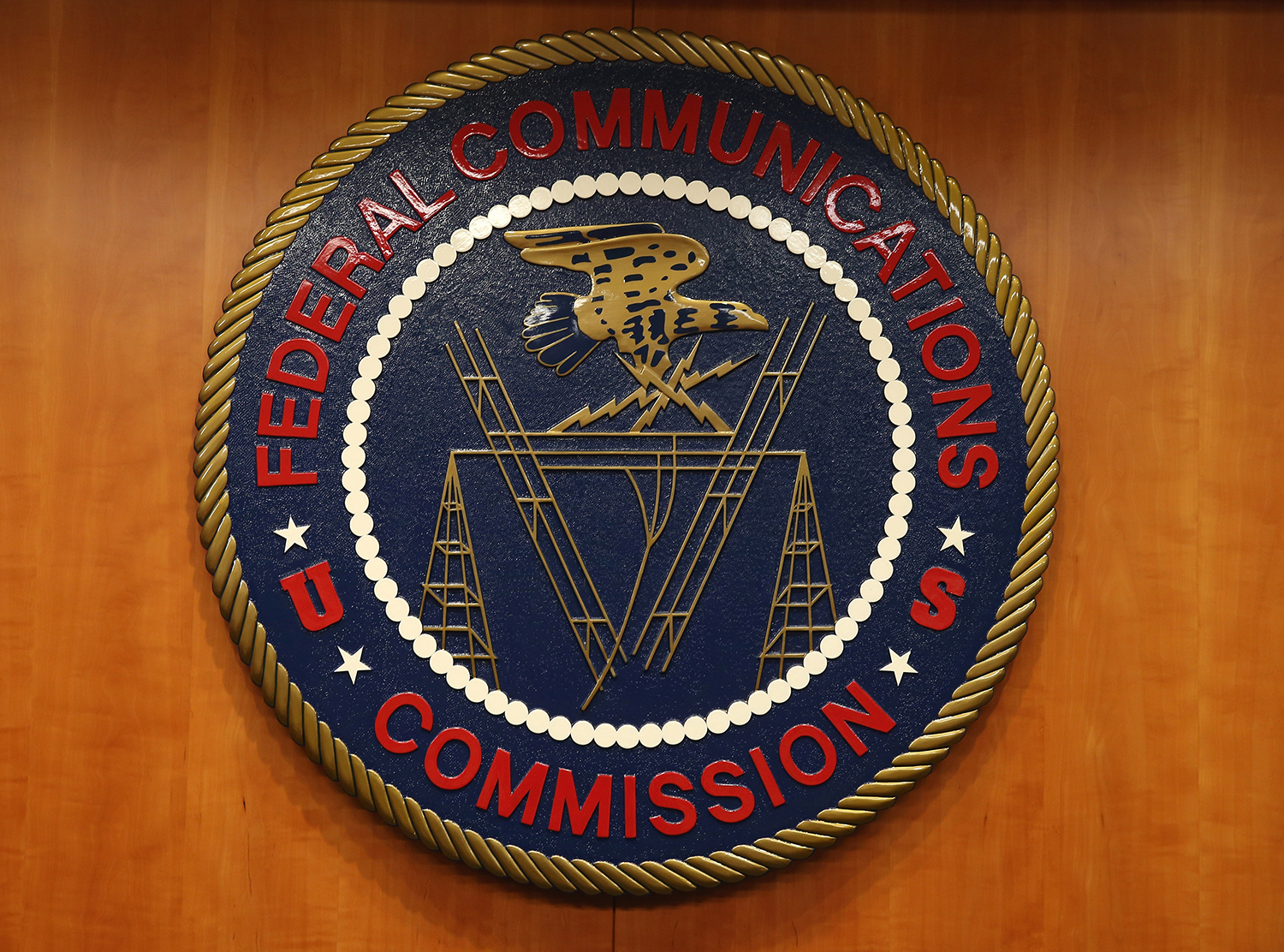
The Federal Communications Commission (FCC) is considering implementing new regulations that would require explicit labels on AI-generated content within political advertisements. This initiative aims to address concerns about the potential for misleading information, particularly through deep fakes, which could significantly impact voter perceptions by depicting unreal scenarios or statements.
Under the new Notice of Proposed Rulemaking, the FCC is set to investigate the feasibility of nationwide requirements for both live, on-air, and written disclosures regarding AI involvement in political ads on television and radio platforms. This exploration will also define what qualifies as “AI-generated content,” aiming to clarify the boundaries of such a definition in the context of political advertising.
The motivation behind these potential rules stems from the increasing integration of AI technologies in political campaign strategies, with expectations that AI’s role in ad creation will grow significantly by the 2024 election cycle. The FCC emphasizes the risk that AI-enhanced ads could mislead voters by presenting fabricated audio or visual content, thereby manipulating electoral outcomes without the audience’s awareness.
Jessica Rosenworcel, the FCC chairwoman, highlighted the importance of transparency in the use of artificial intelligence tools in political advertising. In her statement, Rosenworcel advocated for the proposal, asserting that it is crucial for consumers to be aware of AI’s application in the political ads they encounter. She urged her colleagues to act promptly on this matter to safeguard consumer rights to information.
While the proposal does not consider a complete prohibition of AI-modified content in political ads—a topic of increasing public and regulatory concern—it marks a significant step toward more stringent oversight of AI applications in sensitive areas such as electoral processes. However, the rulemaking process is anticipated to extend over several months before any definitive regulations are established.
In the meantime, the responsibility for implementing AI labels remains with individual corporations and AI developers, until the official regulations are set.
Related News:
Featured Image courtesy of Mark Wilson/Getty Images
